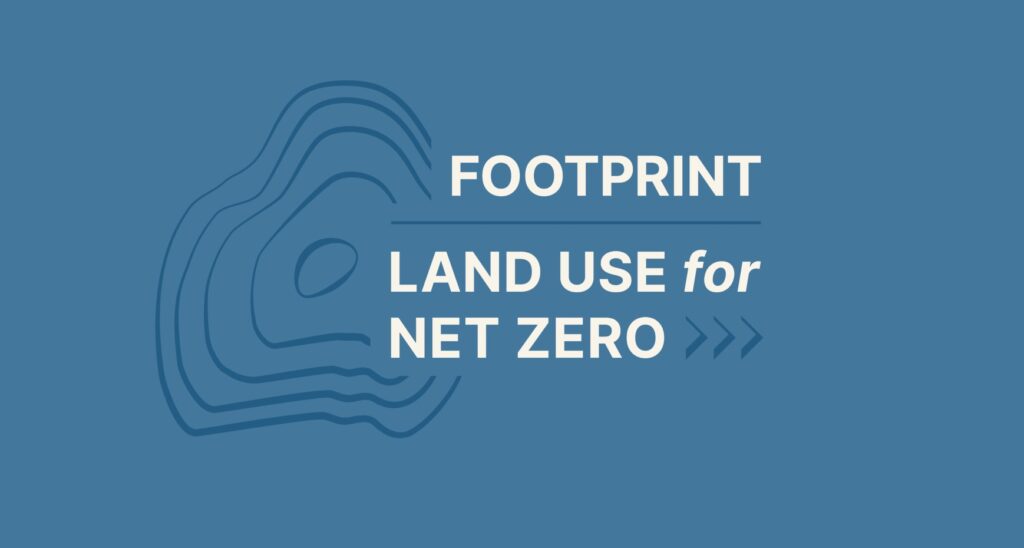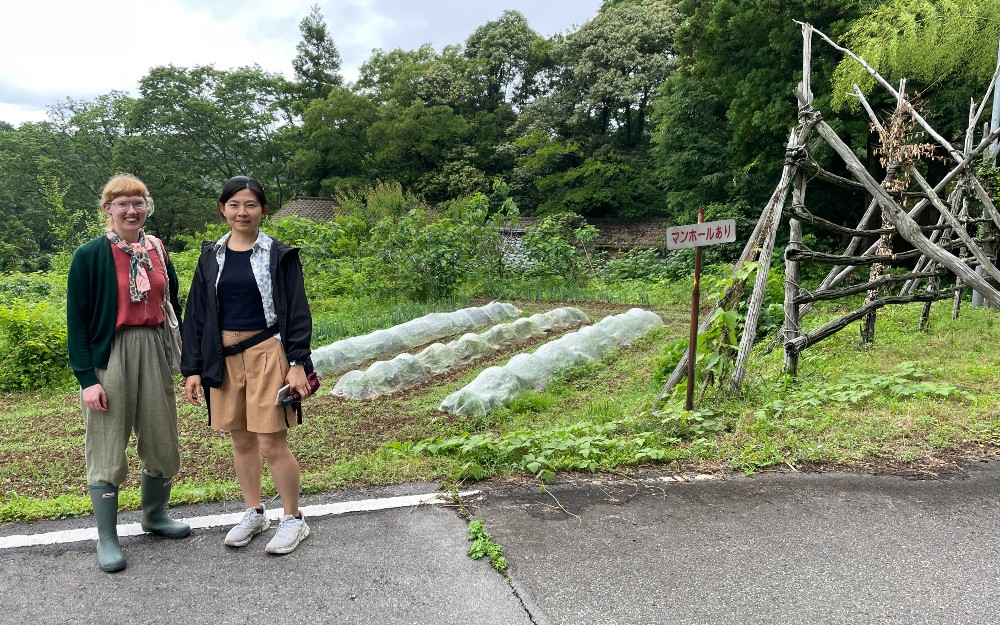The Countryside and Community Research Institute produced a report on the Incidental Socio-Economic Benefits of Environmental Stewardship (ES) for Defra in March 2010.
Environmental Stewardship is the principal agri-environment scheme in England, the main aim of which is to promote environmental benefits from land management. This report assessed the incidental socio-economic benefits of ES schemes in England, in order to identify their wider socio- economic impacts. In particular, it assessed the extent of local multiplier effects and employment creation as an indirect result of agri-environment expenditure (including both annual payments and capital grants). The research confirmed for the first time on a national scale that the incidental benefits of ES have a significant impact on the local economy. Due to the nature of ES requirements, much of the income and employment benefits are retained locally, which appears to be a particular characteristic of agri-environmental activities undertaken by the agricultural community. The research found that in the absence of ES scheme payments, a large proportion of the work would not have been undertaken. The contribution of ES scheme funding to ensuring that wildlife, landscape and historical features are created, restored and maintained is therefore vital.
The project was led by Jane Mills, with assistance from Paul Courtney, Peter Gaskell, Julie Ingram, Matt Reed, Chris Short, Nick Lewis and Emma Dennis. Also involved was Nigel Boatman from the Food and Environment Research Agency and Bob Ford from Birmingham University. The project commenced in March 2009.
Link to final report
- Download research summary




